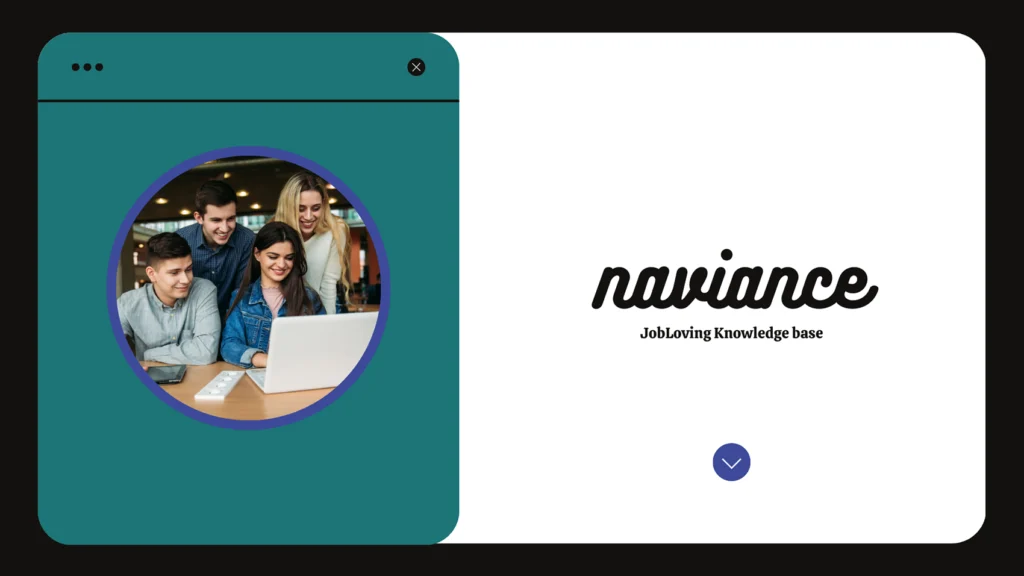Why Doesn’t Naviance List All Students? The Great Naviance Mystery, Unveiled!
Let’s face it, folks, applying to college is a stressful enough ordeal without having to decipher the cryptic messages of Naviance. Why doesn’t this college planning tool show all students? Is it a grand conspiracy? A secret society of overachievers? Or just a case of technological glitches and data limitations?
Fear not, dear readers, for I, your trusty guide through the treacherous waters of college applications, am here to shed light on this Naviance enigma.
The Naviance Enigma: Why Not All Students Make the Cut
1. Data, Data Everywhere, but Not a Drop to Drink (or at Least, Not Enough to Be Useful)
Picture this: You’re a high school student, painstakingly crafting your college application, hoping against hope that Naviance will give you some insight into your chances. You excitedly click on a school’s scattergram and… crickets. Or, worse, the data is so sparse it’s like trying to build a skyscraper on a foundation of jelly beans.
That, my friends, is the harsh reality of Naviance. This tool relies on data collected from students within your specific high school. If your school is small, new, or simply doesn’t have a high participation rate in the system, you’re looking at a pretty limited dataset.
Imagine trying to predict the weather in a small town based on the temperature readings of only one resident. Would you trust that data? Probably not.
2. The “Popular” School Bias
Naviance, much like the fickle fashion industry, tends to favor the “popular” schools. If your school’s alumni are mostly applying to state schools or less competitive colleges, the data for highly prestigious universities might be thin. Think of it like a popularity contest – if everyone’s voting for Justin Bieber, you might not get much data on Taylor Swift.
3. The “Test Optional” Revolution: Naviance’s Dilemma
The rise of test-optional policies has thrown a wrench in the works for Naviance. With fewer students submitting standardized test scores, the data becomes less reliable.
Think of it this way: Naviance is trying to predict your chances of getting into a college based on your GPA and test scores, but if many students are choosing to go test-optional, the test score part of the equation becomes, well, optional.
4. Naviance Can’t Read Your Mind (or Your Essays)
Let’s be honest, Naviance is a tool, not a psychic. It can’t account for the intangible factors that make a college application stand out, like your personal essay, extracurricular activities, and the strength of your recommendations.
Imagine Naviance as a robot trying to analyze a complex painting. It might be able to identify the colors and shapes, but it won’t understand the artist’s intent, the emotions they’re trying to convey, or the hidden meanings within the brushstrokes.
5. Naviance: A One-School, One-Data Show
One of the biggest limitations of Naviance is that it only shows data from your own high school. So, if you’re applying to a university that’s popular with students at a different high school, you’re out of luck.
This is like trying to find out the best pizza place in town by only asking people who live on your street. You might miss out on some hidden gems!
Beyond the Scattergram: The Importance of Holistic College Applications
Naviance, while a helpful tool, should not be your only guide. It’s crucial to remember that a college application is a holistic process, meaning it takes into consideration all aspects of your candidacy.
Think of it like a delicious pizza – you need the crust, the sauce, the cheese, and all the toppings to make it truly satisfying. Similarly, a strong college application needs a compelling essay, impressive extracurriculars, and glowing recommendations, not just a perfect GPA and test score.
Naviance’s True Role: A Starting Point, Not the End-All Be-All
So, where does that leave Naviance? While it may not be the ultimate predictor of your college acceptance, it can be a helpful starting point.
Think of it as a roadmap – it can guide you towards certain schools or help you identify potential areas of strength or weakness. But ultimately, it’s up to you to explore the landscape of college applications, research different schools thoroughly, and craft a compelling application that showcases your unique talents and aspirations.
The Bottom Line: Don’t Just Rely on Naviance, Embrace the Adventure!
The world of college applications is vast and complex, and Naviance, while a helpful tool, is just one piece of the puzzle. Don’t let it be the sole arbiter of your college dreams. Embrace the adventure, do your research, and believe in yourself. You’ve got this!
Need More Help? Join the JobLoving Community!
Still feeling lost in the Naviance maze? Don’t fret! The JobLoving community is here to help. We’re a vibrant group of college-bound students, recent grads, and seasoned professionals ready to share our expertise and offer guidance on all things college admissions. Join us today and let’s navigate this exciting journey together!

